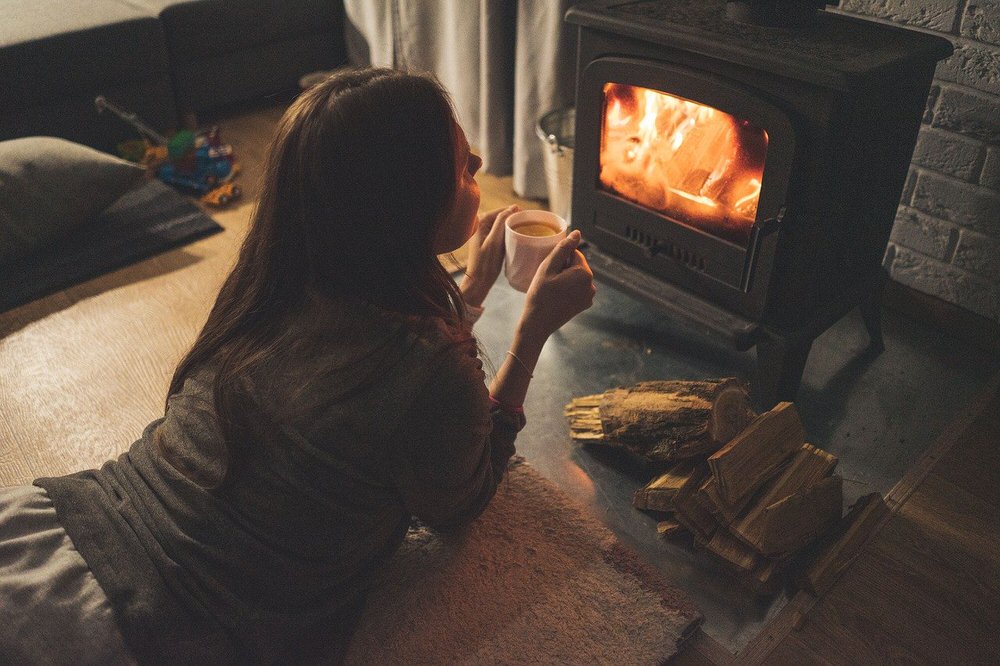The current energy crisis is making fools out of consumers through mostly unregulated tariffs and charges. And while wholesale energy suppliers like BP and Shell enjoy record profits above a $10 billion increase over the past four months, millions of people all over the world suffer. With many choosing whether to eat or heat. In the modern UK, USA, and Europe, you would think that this wouldn’t happen, but it does. So, here are some practical ways to reduce heating costs that actually work.
Switch to Propane Rather than Mains
There are two ways you can heat your home, with gas or electricity. Each has its pros and cons, yet gas is the primary choice for most. Yet when you choose a supplier, you are accountable to mains supply gas prices, which are increasing all the time. Switching to a propane gas cylinder for your cooker and space heater is common. But you can also install an LPG boiler for your gas. Savings aren’t guaranteed, so check this first. But for most, especially one of the 4 million UK homes not connected to mains gas, LPG could be cheaper than suppliers.
Don’t Turn Up the Heat
With Winter currently in full swing, you might be tempted to put your boiler or thermostat on full when you get up. This is a costly mistake. A fully turned up heating system DOES NOT heat your home quicker. Instead, it warms your home to a higher temperature. This is a very common misconception. So, if your morning is a little chilly, find a comfortable temperature and always use it. Your home will reach the desired temperature in the same amount of time it takes to reach if you turn the heat all the way. Essentially, you will waste gas and be charged far more.
Ventilate Properly
If you have an HVAC system, these are excellent. But for many, they are an expensive addition to a home. But don’t worry, as all-year-round ventilation is possible by opening windows, even in Winter:
- Keep the doors between rooms with different heating temperatures closed during ventilation, or condensation will build-up and lower the temperature.
- Open windows wide to allow full ventilation by exchanging hot and cold air for no more than five minutes.
- Lower the heat before you open the window if you have thermostatic actuators, as they will run on maximum if you let colder air into the room.
- Don’t let draughts get in as they will rapidly cool your walls and floors as well as bring a chill.
You and your family’s health are affected by the quality of the air in your home. If you don’t have fresh air, you create the perfect environment for microbes and mould to thrive. So, ventilation is necessary.
Bleed Your Radiators
Standard radiators are filled with water that heats up when you switch on your heating. Of course, you can use oil-filled electric solutions, but they don’t usually have the same effect and may cost more to use. However, air can get trapped inside your radiators, stopping heated water from circulating correctly. This means you will use the same amount of gas and get inferior heating results. You can fix this by bleeding your radiators. Bleeding radiators allows air to escape and let them fill up properly, so they use all the space inside for heating.
Maintain Adequate Boiler Pressure
Like bleeding your radiators, maintaining boiler pressure is essential for heating efficiency. An overly high boiler pressure increases the risk of leaks forming in the system. You also won’t get the most out of the system if the boiler pressure is too low. Therefore, ensuring that your boiler pressure is correct is crucial if you want your home to be warm and not cost more than it should. Your boiler’s manual will show you how to release and build pressure using valves attached to the underside. Make sure you put a towel down as excess water will leak out.
